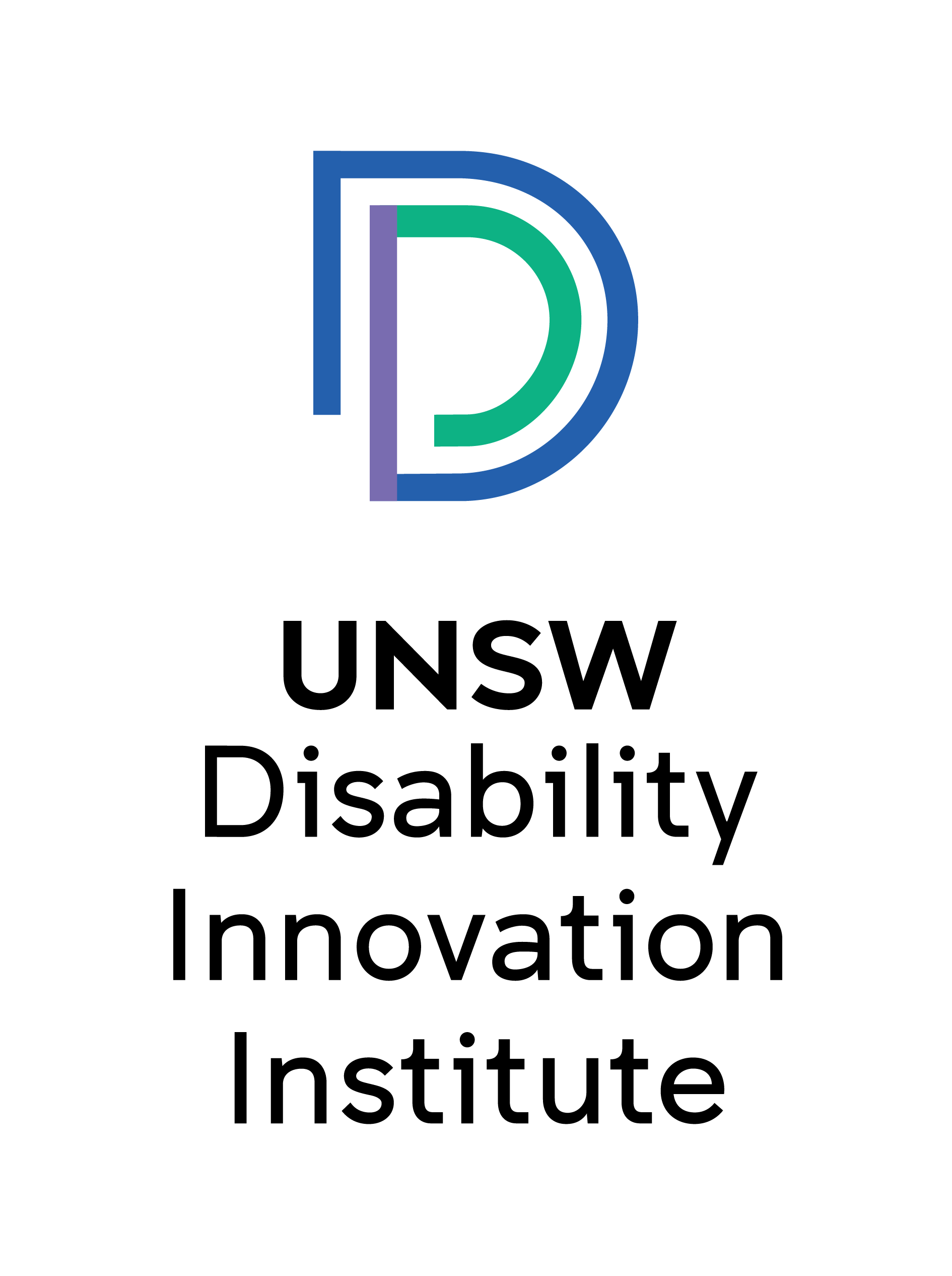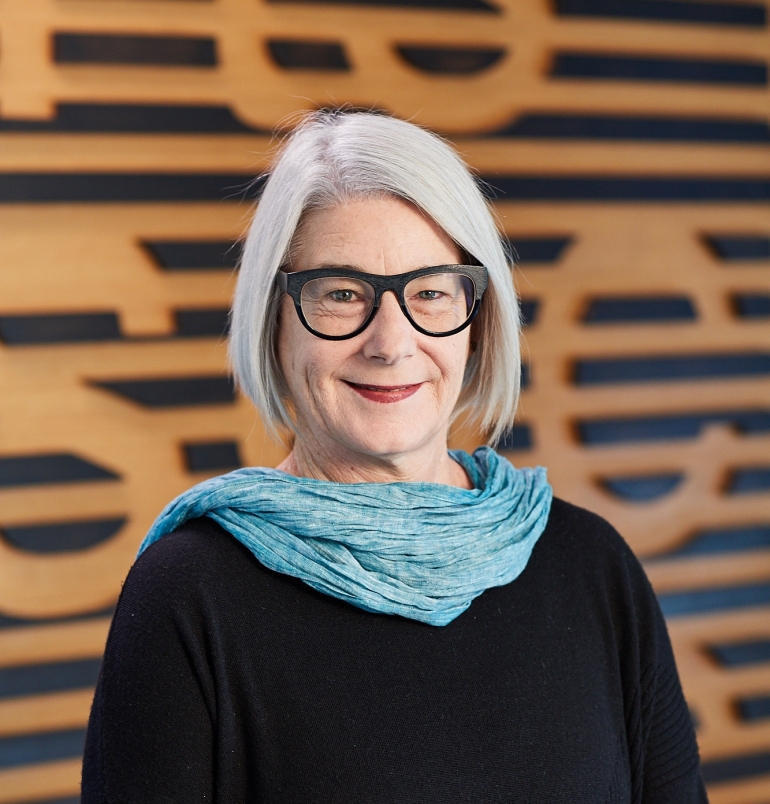Leanne, you’ve worked at UNSW since 1993. Can you share with us one career highpoint and what made it so?
I have been at UNSW in various roles since the early 1990s. In that time I have seen disability studies emerge as a focus for the university and one of our key research strengths. From those early days, where, together with a number of academic colleagues, we established the first group of scholars in Australia approaching disability from a social rather than a medical perspective, it is most gratifying to see the establishment and operation of the Disability Innovation Institute. It’s been a long road to find a place in the academy for disability scholarship.
What first drew you into disability-related research?
My career began as a speech pathologist where I worked with people with intellectual disability during the period of de-institutionalisation. While an exciting period of social reform and opening up the community to people with disability, in that process I observed the legacies of segregation and deprivation that people who had lived in institutions endured. There were so many systemic challenges to be addressed in that process that it became clear to me that working with and providing supports to any one person was only one part of the puzzle of making an inclusive community. So I was drawn to disability research as a way to understand and address those bigger picture issues.
You have recently become an Emeritus Professor at UNSW. Can you tell us a little bit about your current research?
My emeritus status means I am no longer engaged in the day to day operations of the university which leaves much more time and head space to concentrate on contributing to research and reform. Having always been an applied researcher I am continuing my work in policy and practice particularly related to people with disability who come into contact with the criminal justice system through work with the Disability Royal Commission and in promoting better practice in service and policy responses. I am also lucky to have a stable of wonderful PhD students who I continue to support in their studies to further our knowledge of this experience and how we can better protect and promote the human rights of people with disability who find themselves enmeshed in the criminal justice system.
What is your main concern regarding the current state of disability research in Australia and globally, and what’s one wish you have for the future of disability research here at UNSW?
The future of disability research, here at UNSW and globally, is without doubt the operationalisation of a genuine commitment to inclusive research. The DIIU is a leading voice in this area at UNSW, with its commitment to promoting and supporting projects that properly engage with those whom researchers seek to target. The days of doing research ‘on’ people with disability are thankfully well behind us but there is still much work to do to ensure that the research we do is truly ‘with’ people with disability. There are many challenges to influencing all aspects of the research enterprise to ensure it addresses issues at the heart of the concerns of people with disability, that it properly engages and recognises their expertise as part of the research process and that the outcomes of research are communicated accessibly and widely so that it is used to bring about change for the better.


